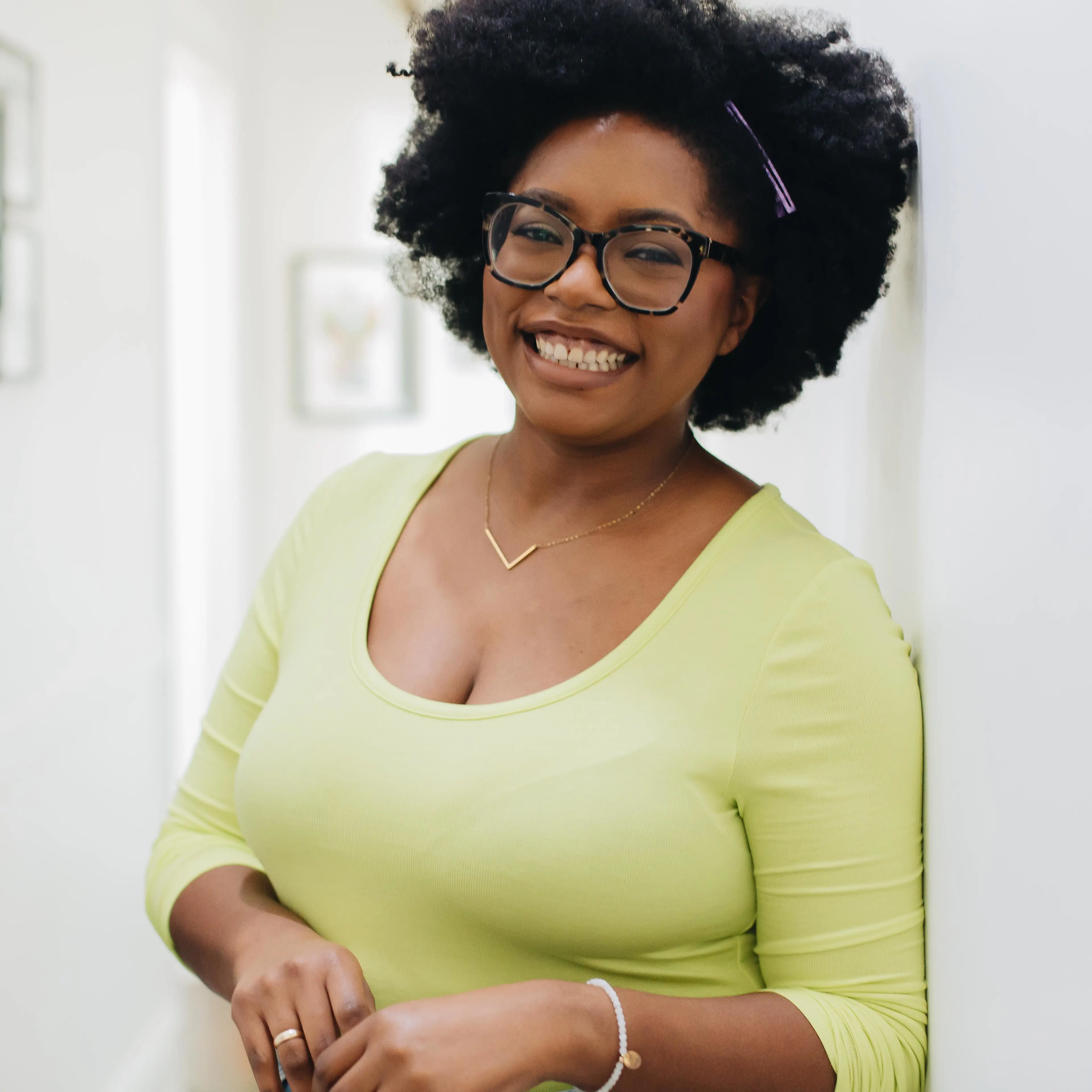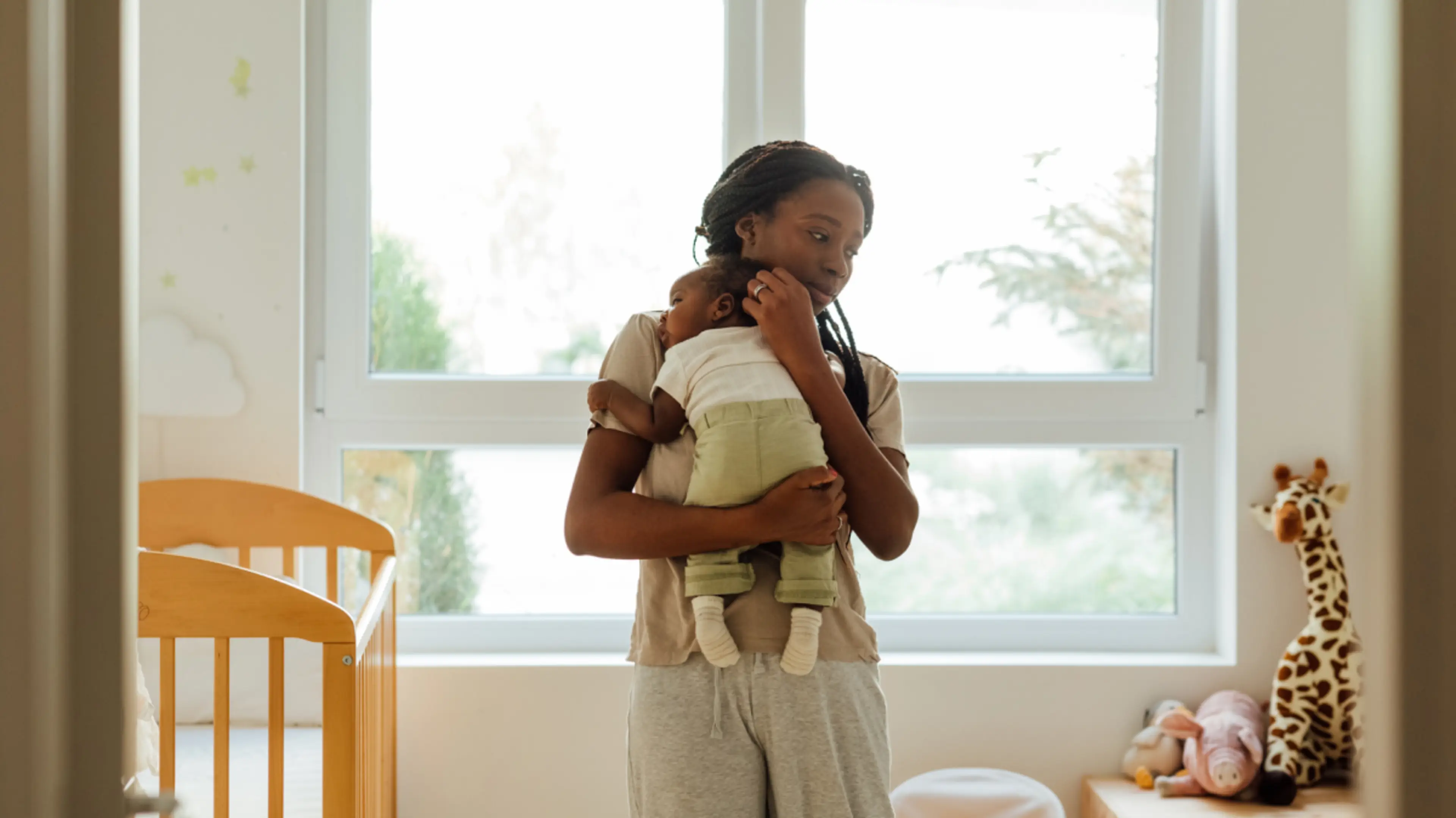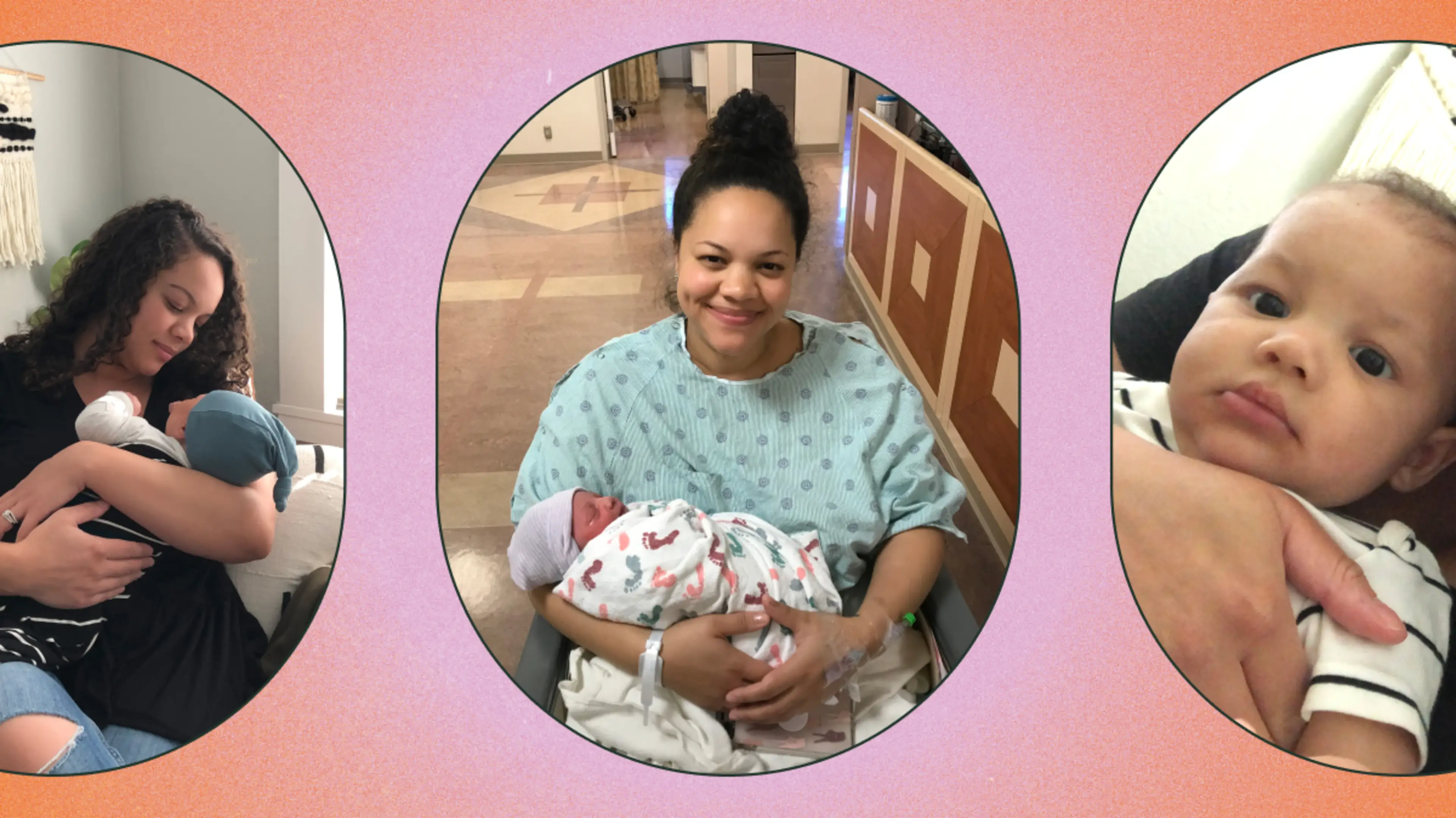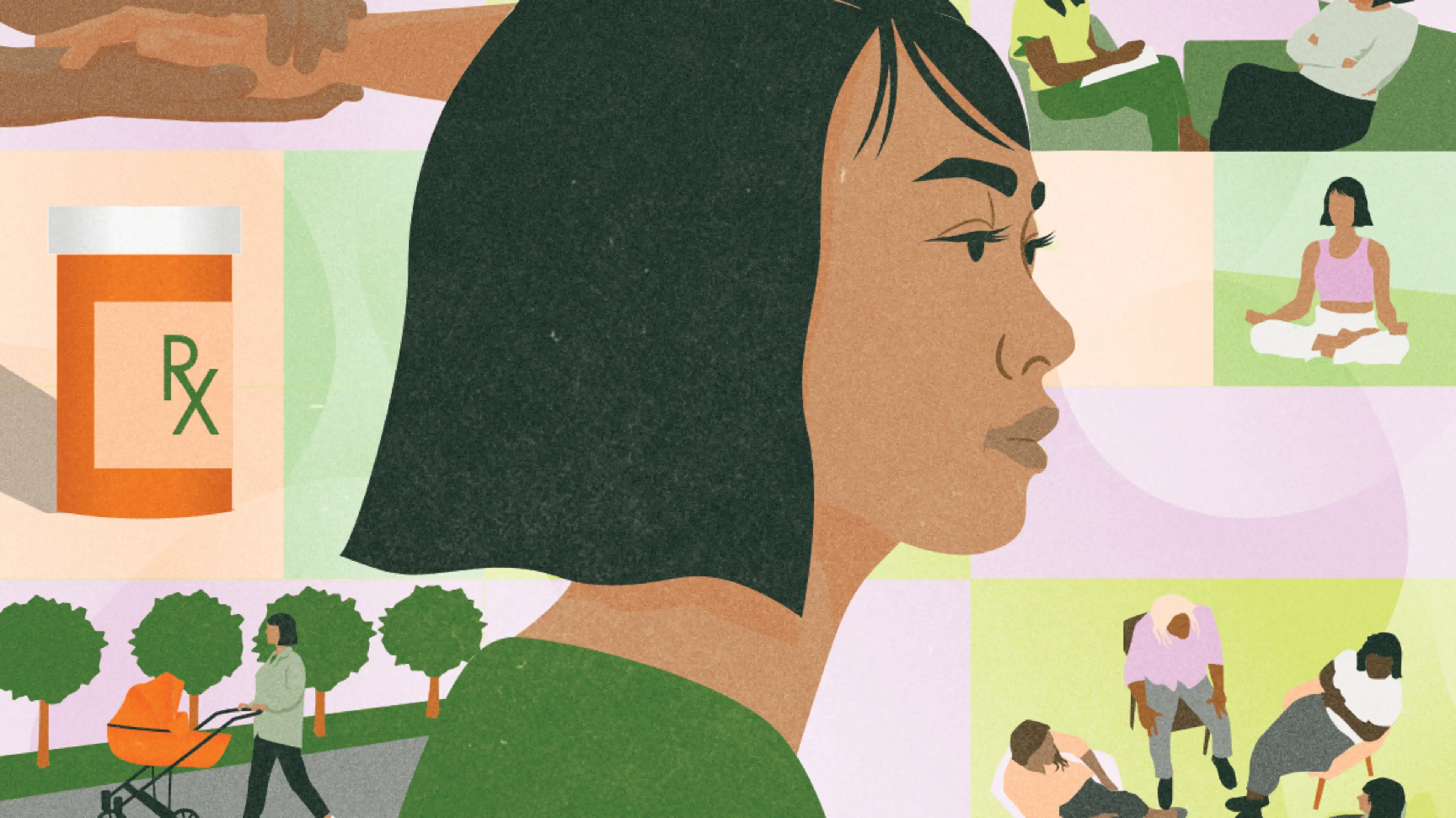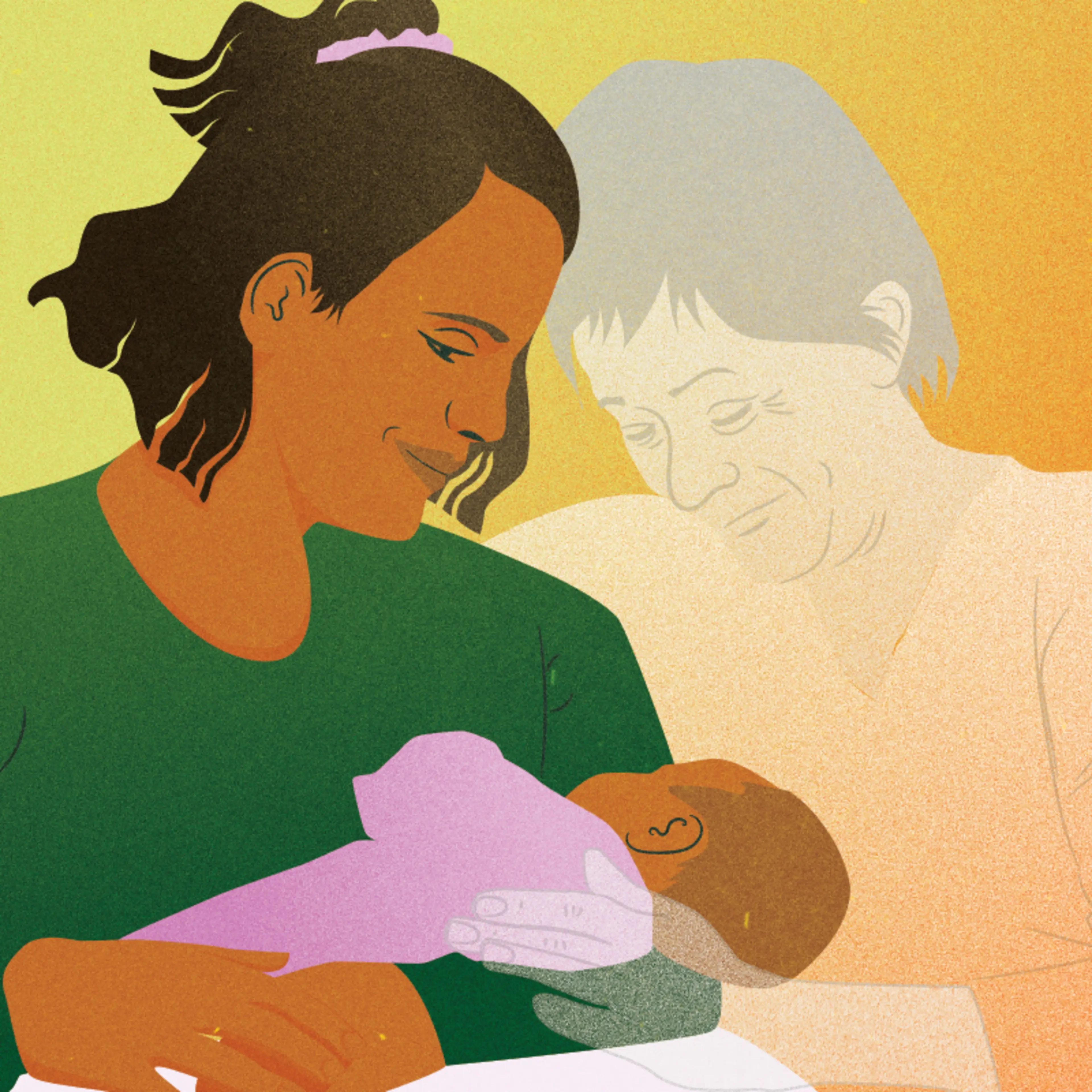I’ve always been a bit of an overachiever. I skipped fourth grade, was named valedictorian of my eighth-grade class, was editor-in-chief of my high school newspaper and literary magazine, graduated college magna cum laude—and did it all with perfect attendance. It’s no wonder I applied that same effort to my career (hello, award-winning journalist) and, later, parenting.
It was never enough for me to simply be “good” at something. I had to be the best. Part of that is due to my own personality (according to StrengthFinders, my top strength is competition). But it also has to do with the unspoken rule among Black people, especially Black women, that we have to be “twice as good” as our white counterparts to get half as much—half the respect, half the recognition, half the salary.
Look no further than the season three opener of Scandal when Papa Pope lays into Olivia about sleeping with the president: “You have to be twice as good to get half of what they have.” Twice as good—it’s the motto I subconsciously lived by for as long as I can remember.
This idea that we need to perform perfectionism is the mindset that I’m sure encouraged my mother to make sure I dressed up in my Sunday finest for a summer camp interview when I was in middle school—to complete that outfit, I accessorized with a three-ring binder full of my accomplishments, everything from my straight-A report cards to perfect attendance certificates. It wasn’t enough to be smart on paper, I had to look the part, too, lest the older white man dictating my future thought less of me.
While my parents never outright spoke Papa Pope’s same words to me and my younger sister, the sentiment was certainly felt, the assignment understood, and the implications taken to heart. “Working twice as hard to get half as much” is a Black girl rite of passage, a survival tactic, if you will, passed down from generation to generation. Why would motherhood be any different?
It’s a pressure that content creator and motherhood scholar Ambreia Meadows-Fernandez, better known as @freeblackmotherhood on social media, understands all too well.
“It’s like, oh my gosh, I have to show up a certain way in spaces to be taken seriously and be understood and be valid,” she says. “And on top of all of the other stressors of raising children—trying to keep peace of mind, trying to stay on top of our health and our kids’ health, trying to have a social life and trying to be a dynamic human—it impacts our mental and physical health.”
Black mothers, much like Black women in general, are not afforded the same grace as white women. We’re not allowed by society (and sometimes even our own families) to make mistakes, to get angry, to be sad or depressed, scared and overwhelmed. We’re faced with constant pressure to present as perfect in order to be deemed worthy, and even that may not be enough.
Just look at the life-threatening childbirths that Beyoncé and Serena Williams—two wealthy Black women who seemingly have access to a host of resources—-endured. Now consider the average Black mom and what she has to go through—to be heard, to be seen, to be believed.
“There’s this pressure to be who we need to be for our children and also do our best to stand up in what Melissa Harris-Perry calls ‘the crooked room,’1 ” says Meadows-Fernandez. “For many Black women, and this is also true for Black mothers, your world is offset, it’s a bit tilted and you’re doing everything you can to stand up correctly or self-define. But the world is committed to misunderstanding you or misrepresenting you.”
Indeed, I have found myself trying to stand upright in many crooked rooms, but an experience shortly after my daughter turned one helped me start to dismantle this notion of always having to be “twice as good.”
We were on a family vacation in Honolulu, Hawaii, and we were hiking up Diamond Head, a volcanic crater on the coastline of Waikiki. It was a hike I’d completed nearly a decade before with ease; this time, though, I had a toddler strapped to my back.
My husband and I were at the next-to-last summit and I was exhausted. My brain was telling me to “push through” as I’ve done so many times throughout my life, both physically and figuratively. But my body was telling me something else. My body was telling me to rest.
With the help of therapy and the lessons I’ve found following Tricia Hersey of The Nap Ministry, I’ve learned that when my brain is telling me to “push through,” it’s really my body’s way of telling me to “press pause.” At that moment, I decided I wanted to model a different way of being for my daughter—a softer way of being. I was no longer interested in being the Strong Black Woman the world wanted me to be. I was no longer interested in working twice as hard to get half as much.
Instead of forcing myself to continue the hike and climb that last summit, I turned around, found my family, handed the baby to my sister, and took a seat. After I’d caught my breath and drank some water, I turned to my daughter and said, “Mommy’s tired right now. And it’s important that we listen to and honor our bodies and our boundaries.”
Sure, she was only one and probably didn’t understand what I was saying, but it didn’t matter. I wanted to model softness and self-care for her. I wanted to show her that you don’t have to prove your worth with productivity. I wanted to show her that she’s enough, as she is.
It’s work that Meadows-Fernandez is also committed to doing in her own parenting and through her work with Free Black Motherhood.
“What my work represents is an effort to encourage us to be aware of the systems that shape our experiences, and also to invest more internally in things like having the space to regulate, giving ourselves grace, acknowledging how those things show up in the pressures we face every day and ultimately hoping to give ourselves a level of compassion that many of us have never experienced,” she says.
“The world has told us as Black women we have to be exceptional to have value. [This work] is important to me not only because Black mothers deserve the freedoms we fight so hard for our loved ones to have, but also because we deserve to be whole and human.”
